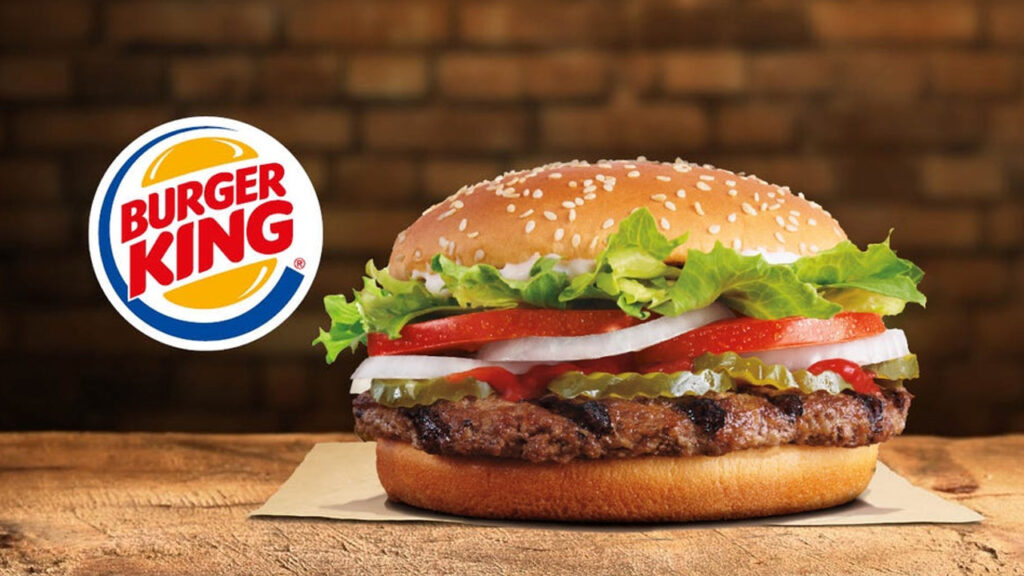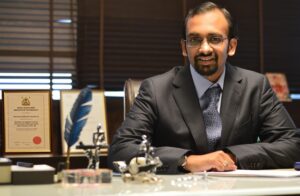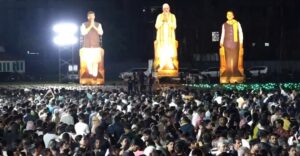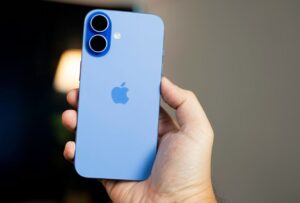Bombay High Court Orders Pune Restaurant to Stop Using “Burger King” Name in Trademark Dispute

Supreme Court Allows Pune Eatery To Temporarily Use ‘Burger King’ Name
On Monday, the Bombay High Court put a hold on a Pune court’s ruling that had dismissed a trademark infringement lawsuit brought by the US fast-food giant, Burger King Corporation. The court has temporarily prohibited a local Pune restaurant from using the name “Burger King.” The corporation, based in Florida, accused Anahita and Shapoor Irani, the owners of the Pune restaurant, of infringing on its trademark. The eatery has been in business since 1989 and started using the name in 1992. Burger King Corporation, which entered the Indian market in 2015, argued that the use of its well-known and registered trademark in India damages its reputation.
The Pune restaurant offers various food items, including burgers, under the same name as the international chain. While Burger King Corporation registered its trademark in India in 1979, the legal team representing the Irani couple contended that their use of the name began before the global chain established its presence in India.
The lawyers representing the US company, Avesh Kayser and Hiren Kamod, contended that the trial court erred in its decision to dismiss the lawsuit in July 2023, arguing that it did not adequately protect a well-known trademark. They pointed out Burger King’s significant investments and brand-building efforts since 1954, claiming that the actions of the local restaurant have damaged its image. On the other hand, advocate Abhijit Sarwate, who is representing the Irani couple, argued that their use of the name was legitimate and had been established before the global chain arrived in India.
A division bench consisting of Justices A S Chandurkar and Rajesh Patil reinstated a previous injunction from 2012, which bars the Pune restaurant from using the name “Burger King” during the ongoing legal proceedings. The court also ordered both parties to maintain their business records from the last ten years.












